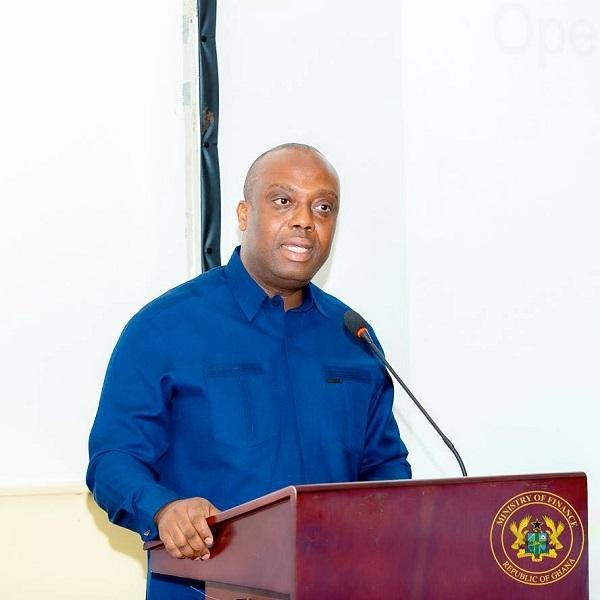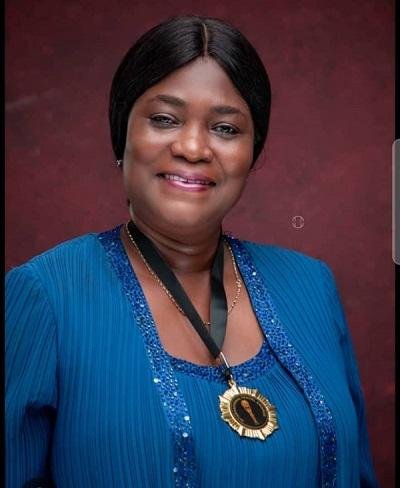News
Sexual abuse in schools
The rempant sexual abuse in schools and workplace has become a major concern to some female students in the Upper West Regional Capital, Wa, who called for amore punitive measures against the perpetrators of such crime.
This, according to them, would serve as a deterrent to others and pave the way for female students to study in peace.
They contended that nothing was more dehumanising than a leturer or a teacher wanting to have sexual intercourse with a student or pupil before awarding them marks
The students who spoke to “The Spectator” on the sidelines of a street Campaign Against Sexual and Gender-based Violence (SGBV) at the workplace stated that while the practice militated against the performance of student-victims, it served as fortile grounds for the perpetuation of unfair treatment against students who earned their marks genuinely without resorting to amorous relationships with their lecturers.
Ms Ramatu Mohammed a Level 300 student of a university in the country (name withheld) stated that a lecturer of hers had expressed unpleasant interest in her and had promised to offer her good grades if she succumbed to his sexual advances.
“Women in Ghana are really suffering from sexual violence; in schools and at the workplaces. In my case, although I did not respond positively to the amorous advances from my lecturer, I felt awkward each time I encountered this lecturer and I was fortunate that he did not temper with my grades for refusing his advances.”
She said there had been instances where some colleagues of hers had failed certain subjects not because they were not capable of passing but because they refused a lecturer’s advances.
“Some students also harass lecturers for grades which in fact does not paint a good picture of the real abilities of the trainees at the institutions but the most common ones are the lecturers on students”, she added.
Another student ,Jude Aa-nsukun, also stated that harassment of students in schools was rife as some male lecturers took advantage of female students in exchange for good grades.
He called for more stringent measures and punishment to deal with such abuses by perpetrators and also protect victims physically, emotionally and academically.
Ms Adiza Rahman added that improper dressing was not even the problem as many people thought because she used to dress decently when she was in school, but still suffered such sexual advances from some lecturers as well as some colleague male students.
“Sometimes male students can touch ladies in places they find offensive and when they complain, the men think the ladies are being ‘difficult’ but that is actually an abuse because the lady has not entered into any agreement with the man to warrant such act”, she said.
She believed robust sexual abuse policies for institutions would help solve the problem and also encourage female students who suffered such abuse to seek redress at the appropriate place.
The campaign was orgnaised by the ActionAid Ghana in the region as part of its activities under the Zero-Violence project with funding from the Foreign Common Wealth and Development Office of the UK Government.
From Lydia Darlington Fordjour, Wa
News
Government to spend GH¢13.9 billion on infrastructure in 2025 – Deputy Finance Minister

Government will commit GH¢13.9 billion in 2025 to priority infrastructure projects under its “Big Push” initiative, with the amount projected to rise to GH¢21.2 billion by 2028, Deputy Finance Minister Thomas Ampem Nyarko has announced.
According to him, the funds will be drawn mainly from petroleum revenues under the Annual Budget Funding Amount (ABFA) and mineral royalties.
He indicated that the projects will focus on roads, transport, energy, power generation, digital infrastructure, and urban and rural development.
Mr. Ampem described the “Big Push” as an economic reset powered by a US$10 billion programme, stressing that the country’s infrastructure needs remain urgent.
He explained that Ghana requires US$37 billion every year for the next 30 years to meet development goals across sectors. Maintaining existing infrastructure alone, he added, will cost an extra US$8 billion annually.
The Deputy Minister drew attention to Ghana’s score of 47 out of 100 on the Global Infrastructure Hub index, which is below the average for lower-middle-income countries.
He argued that this was a sign of chronic underinvestment in critical sectors.
“Our cities need better transport. Our industries require dependable energy. Our farmers need modern irrigation. And our youth demand digital highways for the future,” he emphasized.
Mr. Ampem highlighted the limits of government spending, pointing out that the public purse cannot meet the demands alone. He stressed that Public-Private Partnerships (PPPs) are therefore indispensable.
He revealed that the Ghana Infrastructure Investment Fund (GIIF) will set up Special Purpose Vehicles (SPVs) to attract private capital, blended finance, and international development funding.
The Deputy Minister urged both local and international investors to explore opportunities in transport, energy, digital infrastructure, and urban development, describing them as “vast and transformative.”
He assured that the framework is in place, the vision is clear, and the government’s commitment under President Mahama’s leadership remains firm.
Mr. Ampem called for strong collaboration between government and the private sector, noting that sustainable infrastructure transformation will require a united effort.
The announcement was made at the KPMG Infrastructure Roadshow in Accra, held under the theme “Unlocking Ghana’s Public-Private Partnership Potential: Bridging Reform and Results”.
The event brought together policymakers, investors, engineers, and business leaders to explore strategies for accelerating infrastructure development.
By: Jacob Aggrey
News
Ghana Tourism Marketplace is good initiative – Alisa Asamoah

The immediate past President of the Tour Operators Union of Ghana (TOUGHA), Chief Executive of Riali Consult, Mrs. Alisa Osei Asamoah, has lauded the Ghana Tourism Development Company (GTDC) for its efforts to improve the viability of the sector through the Ghana Tourism Marketplace (GTM).
The GTM is an innovative platform that aggregates all tourism and hospitality vendors in Ghana, providing a unified platform for the distribution of their products and services.
The GTM is a shared economy model to benefit all stakeholders in the tourism ecosystem.
Speaking to the media after a stakeholder deliberation on GTM, Mrs.Asamoah said, this is what they are looking for. According to her, it is a good initiative by the GTDC.
“This is what we are all looking for. When you go to South Africa, and other countries, they have initiated the same thing,” he said.
She said this would positively impact the industry because that is where the private sector would exhibit their products, adding that it is going to be competitive.
Mrs.Asamoah concluded that this would increase trust between them and their clients, and from the presentation, the project would be very sustainable.
By Edem Mensah-Tsotorme






